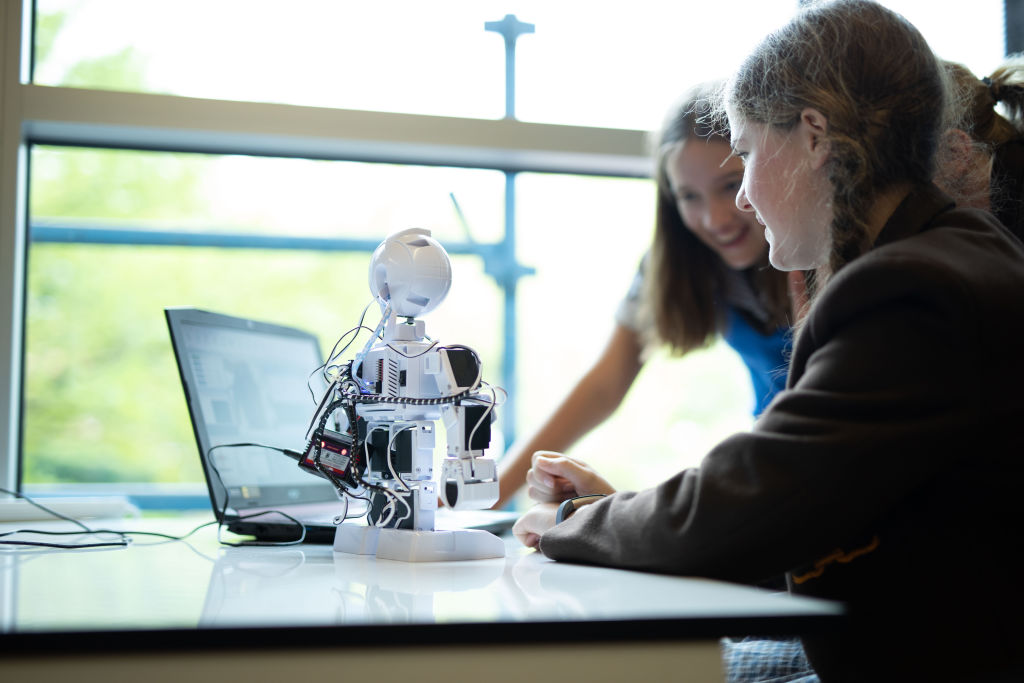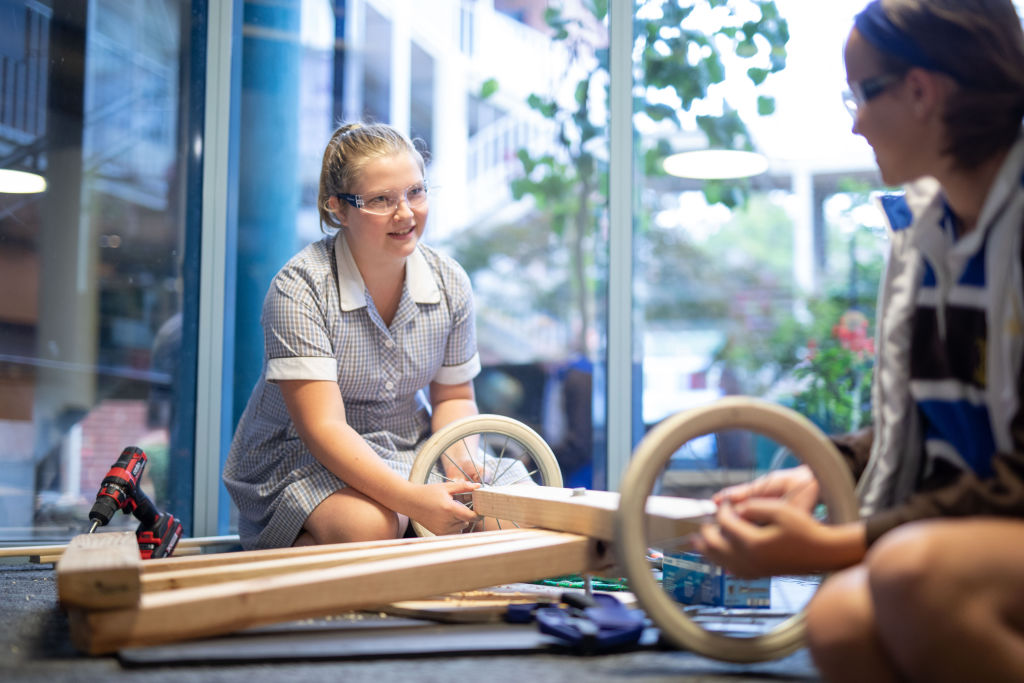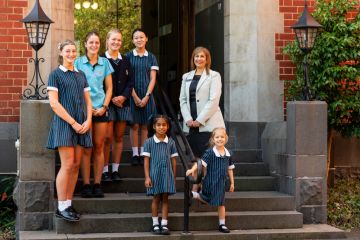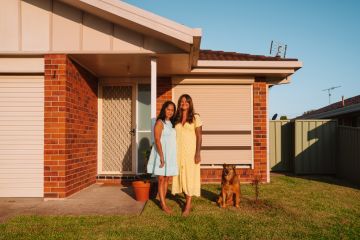Getting 'real': How school curriculums are adapting to a changing world

From “Surviving the Apocalypse” to “Criminal Investigations”: Victorian school curriculums are adapting to a changing world by offering subjects focused on real-world applications and collaboration.
The key is in curating a learning environment that combines soft skills with external applications, according to Ivanhoe Girls’ Grammar principal Dr Deborah Priest.
“There are two key focuses for us,” she says. “Firstly, developing our students’ character and wellbeing – placing [mental and physical health] on the same level as academics. And, secondly, the learning must be connected to a real-world context, with inter-faculty collaboration.”
Priest says this flexibility in thinking and emphasis on co-operation is vital in equipping students with skills that they can carry into life.
“Soft skills are best learnt in context,” Priest adds. “While traditional core subjects are still, and always will be, important … it’s also about looking at the ways we can develop skills for the future – from being collaborative and fluid, to existing in a virtual world.”

Over a two-year period, the school has been developing a range of new subjects to best reflect a changing society and the modern workplace, including the year 8 subject “Lights, Camera, Action” which was launched in 2019. Exploring ethical questions about how people conduct themselves online, the subject addresses both the challenges and benefits of having an online profile and teaches hands-on skills for working in a virtual sphere.
It’s an approach being met with enthusiasm by students, with enrolments for a series of new year 9 electives (developed out of feedback from the girls) already completed.
“Our elective ‘Criminal Investigations’ already has three classes filled,” says Priest. “We’ll be using real-life equipment to simulate a crime scene investigation as closely as we can, conducting soil analysis, DNA sequencing … the girls are fascinated.”
Also popular is “The Game of Life”, a practical subject addressing money management, how to apply for jobs, and planning for life after school.
“It’s about creating students that aren’t just tertiary-ready, but life-ready,” says Priest.
In Melbourne’s north, Marcellin College is also shaking up its curriculum, amounting to a kind of “renaissance in schooling”, according to deputy principal Adriano Di Prato.
“We need to prepare students for their future, not how we work now,” he says. “We’re moving away from the standardised teaching of the last 50 or so years and building a new learning ecosystem.”
Known as “Polaris”, the system is focused on foundational literacies (including financial and digital literacy), capability skills focused on responding to complex challenges, and personal characteristics extending to mental and physical health.
The school is introducing Polaris in stages, with 2020 seeing the commencement of the depth (years 9 and 10) and pathway (years 11 and 12) phases. This will see the introduction of new electives and timetable structures designed to encourage students to take ownership of their learning plan while tapping into their individual passions and goals.
“The focus is on dynamic learning, with the opportunity for hyper-specialisation,” Di Prato says.
On top of VET and VCE offerings, niche subjects such as the science-based, religious education “Who is Jesus, really?” and “Surviving the Apocalypse” – a humanities subject exploring how to thrive in a post-apocalyptic world, year 9 and 10 students will have five periods a fortnight to meet with mentors, careers advisers or school counsellors to develop methods of managing their extra-curricular activities and overall wellbeing.
“We’re trying to build an understanding that wellbeing and learning are interconnected,” says Di Prato. “It’s about comprehensive well-being … and catering for unique learning processes.”
This article featured in Domain Review’s 2020 Independent Schools Guide.
We recommend
We thought you might like
States
Capital Cities
Capital Cities - Rentals
Popular Areas
Allhomes
More







